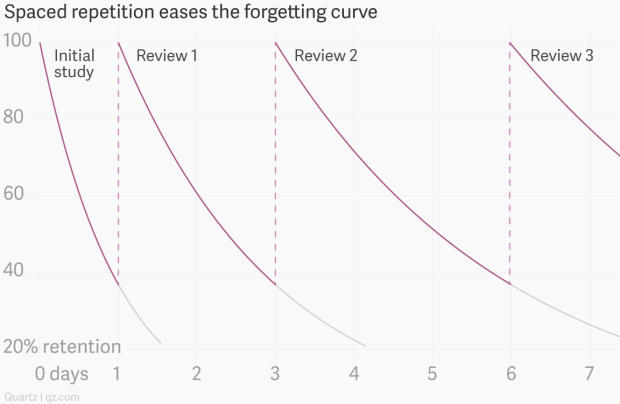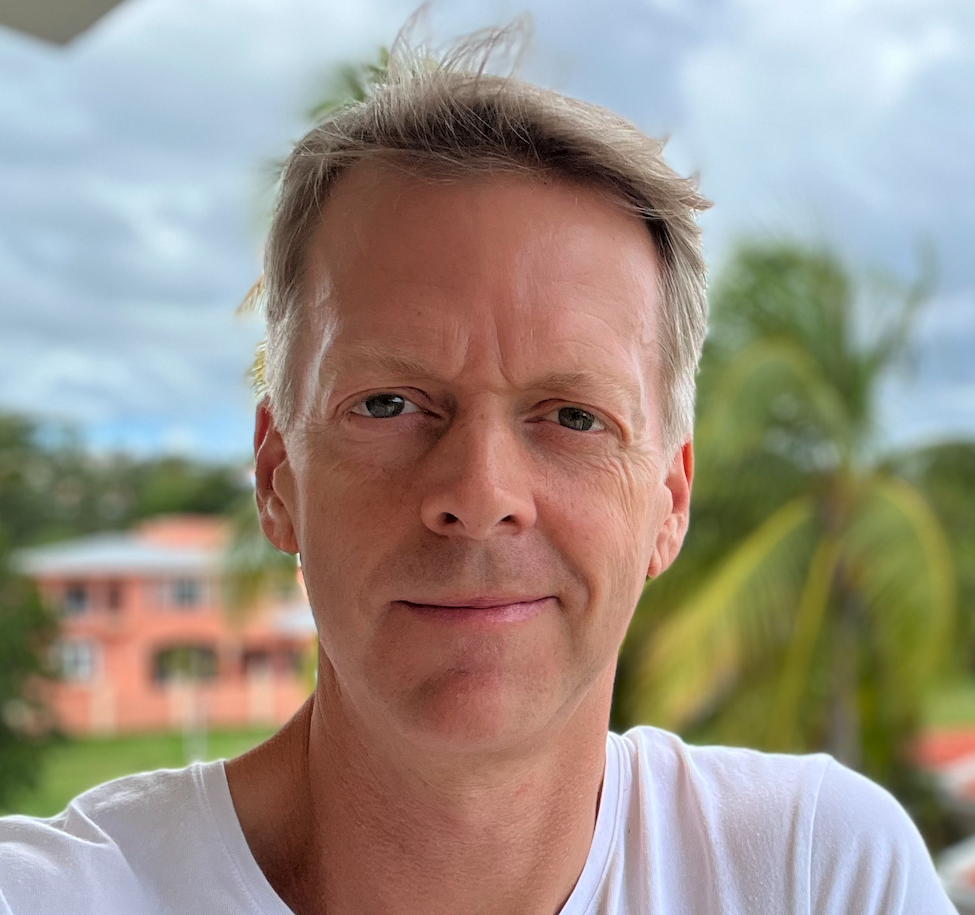Have a “Why” to learn a language fast
Think about when you’ll be using the language you’re learning. Most likely it’s on a fun vacation or a business trip. You won’t be writing thesis papers and if you do, it won’t be until much later in your language journey. So forget about the grammar rules for now and focus on your reason for learning.
Having a reason for learning a language will keep you motivated much more than just studying because you have to. Think back to high school. The subjects you were most interested in were probably the ones in which you excelled. That’s because you had a reason to pay attention.
You may want to learn for business, a trip or a potential love interest. I once dated a girl who was half French and spoke fluent French. Of course, I was interested in impressing her, so my motivation for studying the language couldn’t have been higher!
In 2006, the U.S. Customs and Border Protection revised their Spanish program to focus less on grammar and more on job-related tasks in Spanish. Because each learner had to learn Spanish to complete a specific task, they had a specific motivation to speak it and therefore used the language more. As a result, they learning faster and felt more comfortable speaking to native speakers in Spanish. note]https://www.academia.edu/6763175/Evaluating_TBLT_The_case_of_a_task-based_Spanish_program[/note]
Don’t be a perfectionist
Get over yourself. You’ll make mistakes. Lots of them. When I starting taking Mandarin lessons I accidentally called my teacher a prostitute. That was embarrassing. A couple of weeks later when she was speaking English to me she meant to tell me she was cold, but instead said she was “an ice cream.”
Making a fool of yourself is part of what makes learning fun. Don’t take yourself too seriously and don’t try to be perfect. Not only is it stressful, it will impede your progress. Remember, it’s suppose to be fun.
Language learning is a lifestyle
It’s an ongoing process – a lifestyle, not a goal. There is no finish line because fluency is subjective. You’ll always be learning just as you do in English. We’re always learning new words and phrases in English, even if you’re a native speaker. It’s the same with a foreign language.
Immerse yourself in the language as much as possible. Language immersion classes are becoming popular in elementary schools for good reason. These programs do away with specific “French” classes, for example. Instead, they teach a variety of subjects in a language. Students are taught math, social studies and volleyball in French. This gives them more context and opportunities to speak the language in an real-life environment. It becomes more of a lifestyle than a class.
Speak every day to retain
Language is a method of communication, so speaking is the key to language proficiency. However, it’s one of the things language learners have the most trouble with.
Use the language every day to retain what you’re learning. Start with something simple, like going to the grocery story and learn the names of several fruits and vegetables.
Speak to people in the store. If you’re learning Spanish, this is very easy, since there are a lot of neighborhoods in the U.S. with Spanish-speaking populations.
Chinese tourists come to my city a lot, so I try to speak with them often so I can practice. I’ve never met a tourist who wasn’t willing to speak with me for a few minutes. In fact, most are thrilled that I’m taking time to learn their language.
Find an accountability partner or someone you can just speak to. This could be a friend, a teacher or a random stranger. Stay motivated by learning a language with a friend or planning a trip is a great way to have a “why” and have someone to keep you on track.
Start with useful phrases
Get some common and useful phrases down first. Start with these:
Can you say that again?
Can you speak slower?
How do you say ____(point to an object)?
What is your name?
Thank you. You’re welcome.
How are you?
Are flash cards worthwhile?
Memorization using only flashcards won’t help because it won’t easily get into your long-term memory. When we learn, our brain puts things into context to remember them. Without context the vocabulary words you’re memorizing won’t stick. Therefore, linking words to experiences or known words in your native language will help you remember.
German psychologist Herman Ebbinghaus explained in the 19th century why it’s difficult to remember random words and facts. He found that if we study a set of letters or words, we quickly forget them, especially if they have no context. He called this the “forgetting curve” from 19th century.
His studies found that spaced learning can overcome much of the drop off in retention. Spaced learning means studying a few minutes a day consistently, rather than an hour once a month.
That’s why we forgot everything the day after we crammed for a test in high school. We quickly packed everything into our brains, but most of it wasn’t retained in our long-term memory.
 Memory champions use a technique called a memory palace to remember longs lists of words or numbers. By associating the words with image or building a series of images into stories they become easier to remember because they have context. They aren’t just words floating in space.
Memory champions use a technique called a memory palace to remember longs lists of words or numbers. By associating the words with image or building a series of images into stories they become easier to remember because they have context. They aren’t just words floating in space.
I’ve found it more effective to carry a note card and write down words you encounter that you want to learn. Later, look them up and add them to the card. Then later add those words to a flashcard system like Anki so you can review them daily. This is more effective because the words now have context, rather that trying to memorize a preset list of words.
Action steps to learn a language fast:
Learning a language is easier if you develop habits. The best way to form a habit is to start small and make it easier. Here are some suggestions on what you can do today to learn a language fast:
Make a habit of learning. Schedule time to study and speak every day.
Join a club or join a language meetup so you can focus on speaking.
Use language daily by speaking with someone.
Read a simple book in the language – preferably one that has your native and target language side by side.
Commit to speaking with a friend at a certain time.
Plan a trip or live in a foreign country to get full immersion.
Here are a couple of articles about language learning you may like:
Learning a language and how I learned 6.
Learning a Language Makes Your Trip 946% More Amazing!
Footnotes

 Memory champions use a technique called a memory palace to remember longs lists of words or numbers. By associating the words with image or building a series of images into stories they become easier to remember because they have context. They aren’t just words floating in space.
Memory champions use a technique called a memory palace to remember longs lists of words or numbers. By associating the words with image or building a series of images into stories they become easier to remember because they have context. They aren’t just words floating in space.